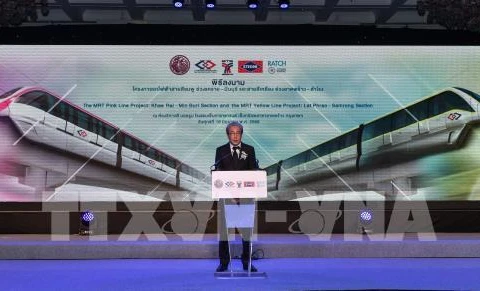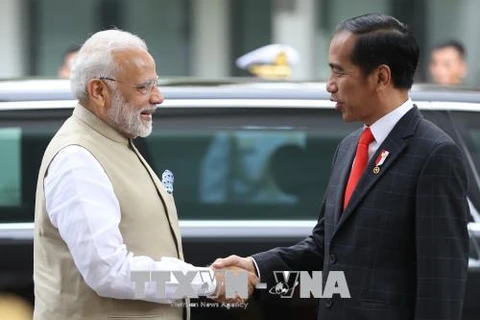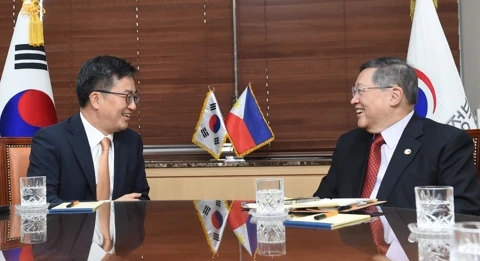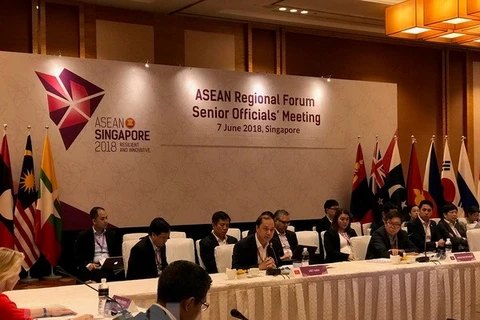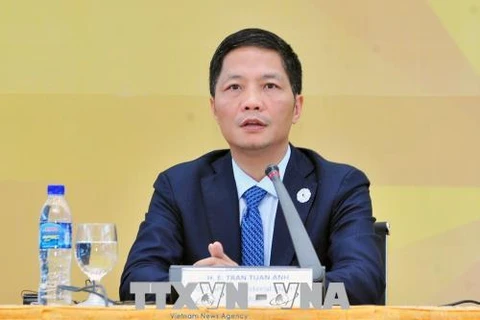Singapore (VNA) – Singaporean Prime Minister Lee Hsien Loong expressed his hope that the Regional Comprehensive Economic Partnership (RCEP) will be signed by the end of this year.
RCEP involves the 10 ASEAN member countries as well as China, India, Japan, the Republic of Korea, Australia and New Zealand. It is poised to become the largest free-trade agreement in the world, covering about half of its population.
In his opening speech at the 51st ASEAN Foreign Ministers Meeting (AMM-51) on August 2, PM Lee said Southeast Asian countries are redoubling their efforts to conclude the deal by the end of the year.
He admitted that negotiations will be not easy, especially in the context of the growing mood of nationalism and protectionism in many countries.
"The rules-based multilateral trading system, which has underpinned ASEAN's growth and prosperity, is under pressure," he warned, stressing it is important that ASEAN continues to support the multilateral trading system.
The Singapore leader said that as the world enters the fourth industrial revolution, ASEAN member states need to embrace innovation, build up digital connectivity and prepare themselves for the future.
He emphasised the importance of measures to ensure cyber security, citing Singapore’s recent experience with a “major intrusion” into largest public health care group SingHealth’s data systems.-VNA
VNA

